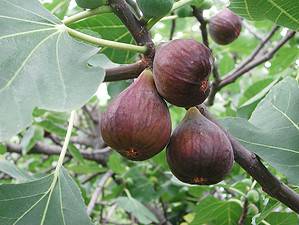Lemon trees and other citrus trees of similar variety are notably known for not tolerating cold weather well. This begs the question, can lemon trees survive winter? While most citrus plants can’t handle temperatures below 32 degrees Fahrenheit, there are tips and tricks that gardeners recommend that can help keep them alive.
Advice ranges from what type of lemon trees to plant to watering, fertilizing, and more. Below, we’ll go over seven different tips and tricks lemon tree owners can use to help grow lemons.
Tip 1: Plant Cold-Hardy Lemon Trees
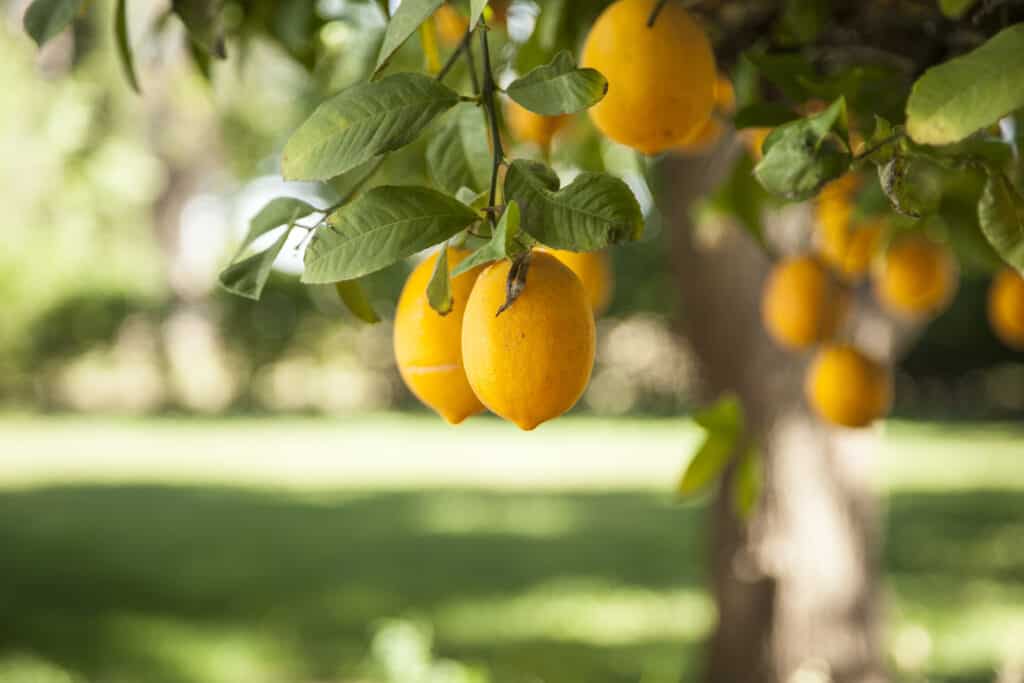
Meyer lemon trees are the most cold-hardy variety and can survive down to 20 degrees Fahrenheit.
©RebeccaJaneCall/Shutterstock.com
If you’re reading before planting, then you’re in luck! A handful of lemon trees are more “cold-hardy,” meaning they can better handle cold and frost. A handful of species of lemon trees can handle frosting over and still survive for the next season.
One choice is the Lisbon lemon tree, which can survive down to 30 degrees Fahrenheit. The most cold-hardy lemon tree is the Meyer Lemon. A Meyer Lemon tree can survive in temperatures down to 20 degrees Fahrenheit. If temperatures fall below that, it’s crucial to use other methods and tools to prevent it from dying.
Tip 2: Bring Lemon Trees Indoors During Winter
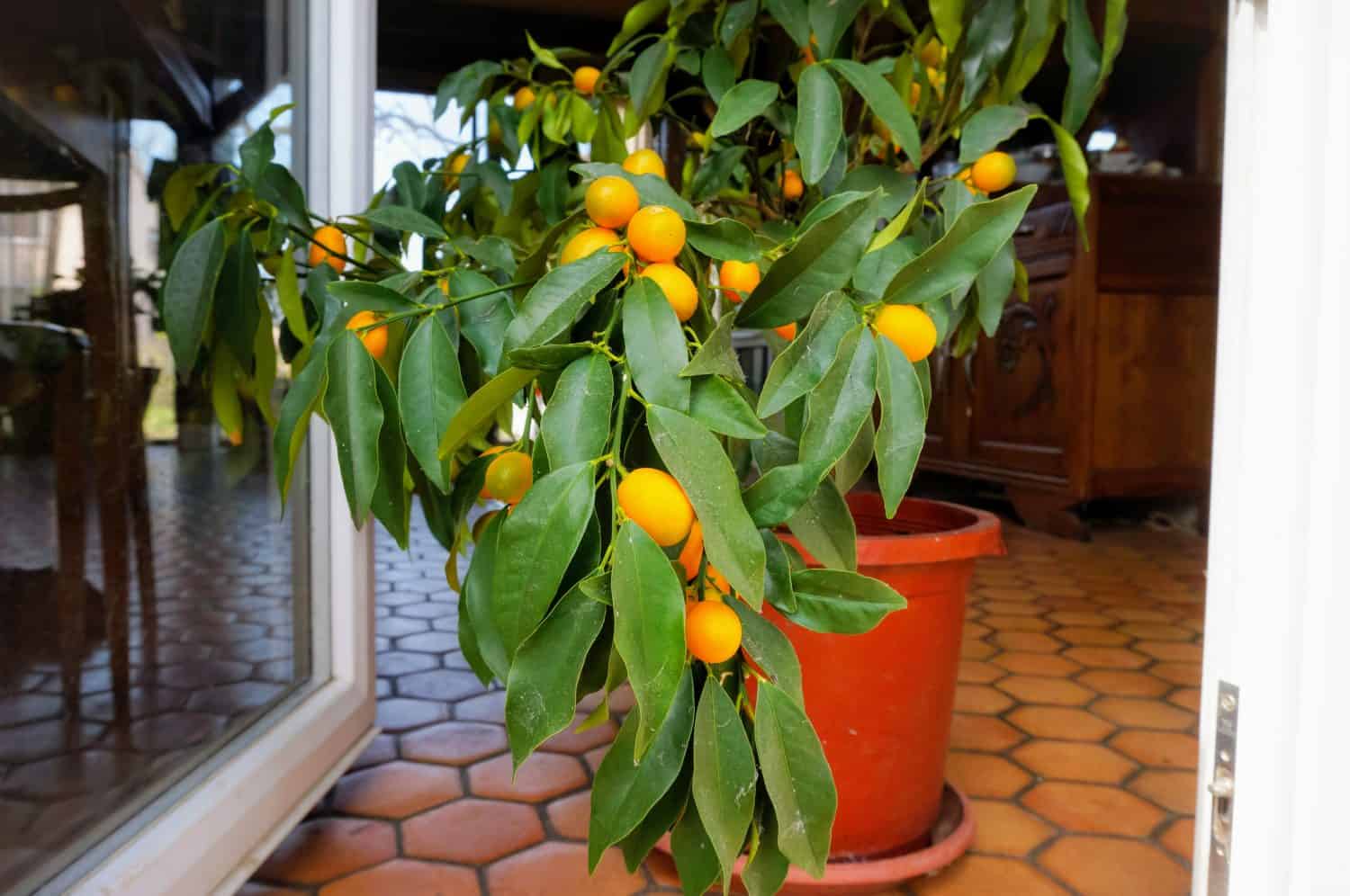
A lemon tree can be dug up and placed into a pot during winter.
©Spech/Shutterstock.com
One method of preventing lemon trees from dying is to bring them indoors. The whole tree must be put into a pot and brought inside. While this can help save the tree from withering away, you must pay close attention to indoor temperatures and initial frost damage.
Indoor trees can still become damaged and lose most of their leaves if not moved correctly. For example, citrus trees moved indoors after the first frost, the first day of the year when frost occurs, can become damaged. Once moved inside, the leaves can fall off due to the temperature change. In addition, lemon trees can also become dried out from the warmth.
Bringing the plant indoors before the temperatures drop below the plant’s cold-hardy tolerance is best to prevent damage from the first frost. Not only does this prevent damage from frosting, but it also ensures that the plant doesn’t become dried out.
Tip 3: Provide Adequate Light
Winter generally has less daylight than other months, and that can prevent lemon trees from surviving. Citrus trees require anywhere from 8-12 hours of sunlight daily. Since options are limited in winter, artificial plant lights are the best way to supplement actual daylight. If brought indoors, make sure the artificial lights stay between 55-68 degrees Fahrenheit.
Tip 4: Water According to the Tree’s Needs
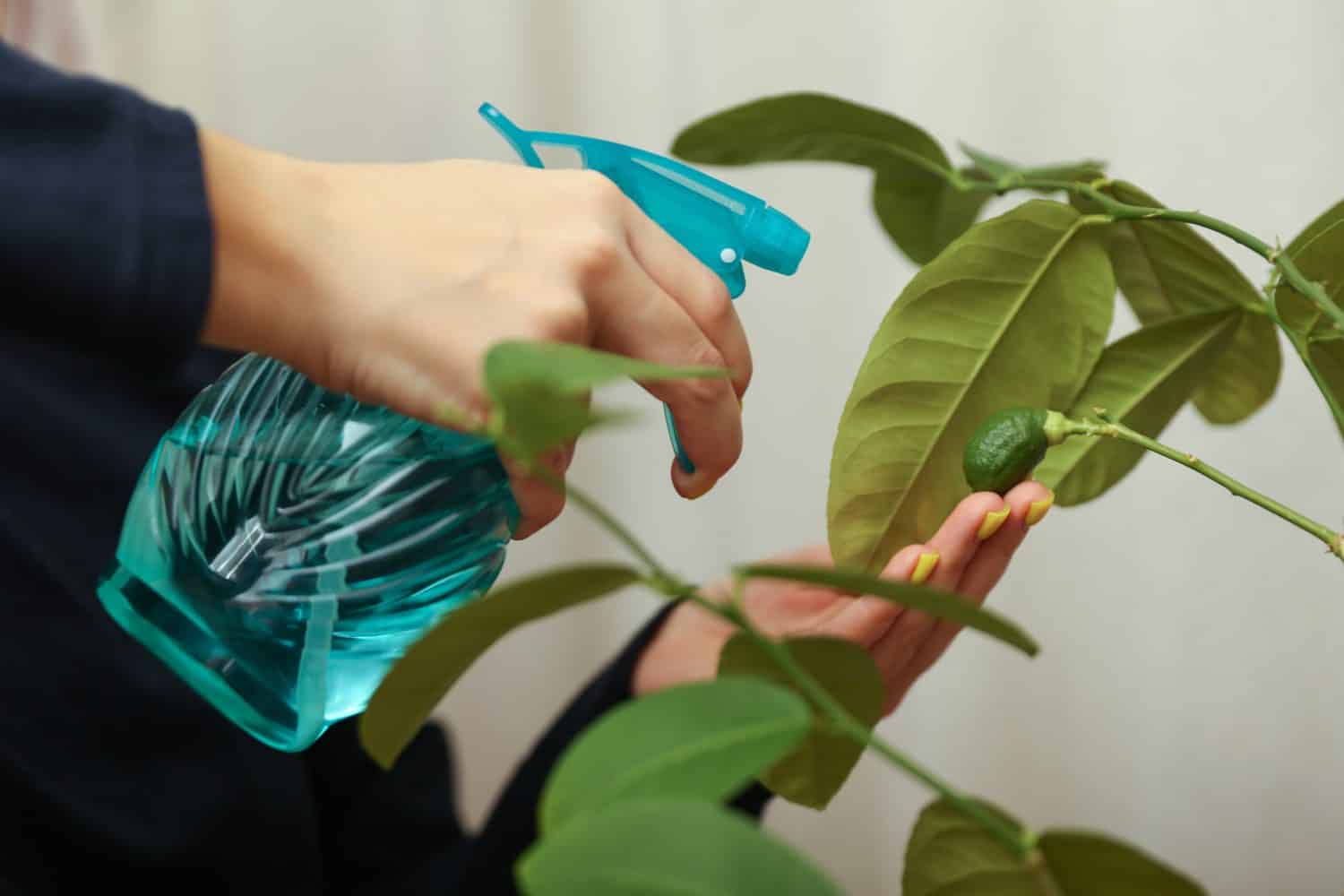
Correct water levels can help ensure the lemon tree doesn’t dry out during winter.
©Petr Smagin/Shutterstock.com
The harsh winter climate can cause lemon trees to have either too much or little water. To help your tree stay hydrated, paying close attention to its physical appearance is best. The leaves will start to dry out if they are dehydrated, or they will turn a yellow color if over-watered.
Generally, citrus trees only need to be watered once every three to four weeks. Different varieties will need to be watered at varying rates. A good way to ensure that you don’t go over or underwater is by touching the topsoil to see if it’s dry. If the soil is dry, then the plant needs to be watered. You don’t want to add extra water if it’s still wet.
Tip 5: Prevent Bug Infestations
While you might believe bringing a citrus tree indoors keeps it safe, it doesn’t. One common issue that can occur is a bug infestation. During winter, various bugs climb indoors in search of safe living conditions. A citrus tree can be a prime target, especially when it’s cooler outdoors.
To ensure that no bugs are eating at the leaves of the tree, wipe them down occasionally. When you do, you’ll remove the bugs and any eggs they have laid.
Tip 6: Stop Fertilizing
Fertilizer is crucial in helping your lemon tree stay strong, but not during the winter. There are three times of the year when you should fertilize your citrus tree: February, May, and October. These three months are the best times to provide fertilizer as the tree grows.
Unlike other trees, citrus trees don’t become dormant. Instead, they can freeze and resume growing during the spring. Hence, they can survive the harsh winter. If you bring your tree indoors, it will still grow, but slower as it acclimates to the temperatures. Since it’s no longer growing, it’s a good time to stop fertilizing and focus on keeping it alive.
Tip 7: Stop Pruning
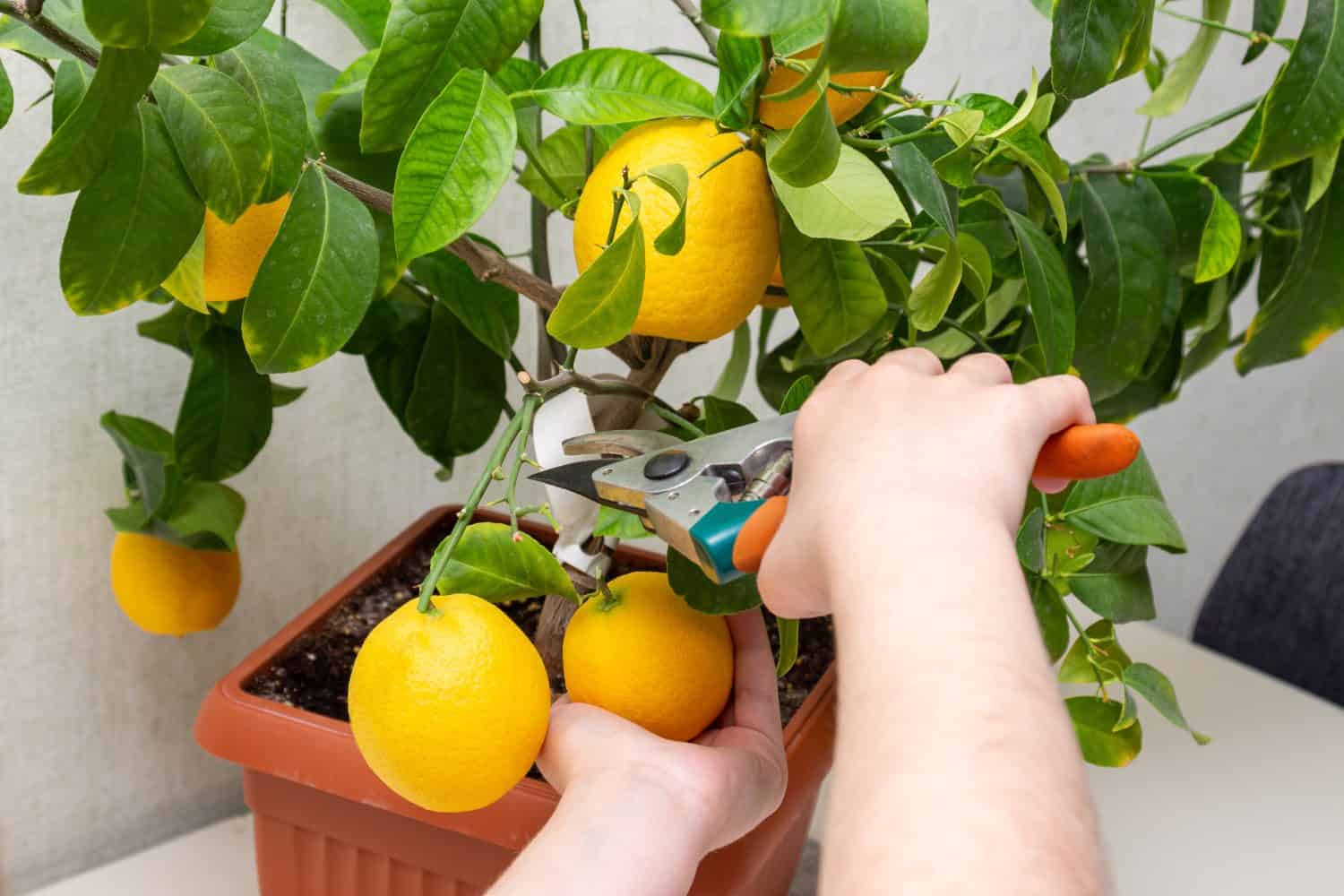
Pruning is essential at other times of year but can damage the lemon tree during winter.
©Ivan Semenovych/Shutterstock.com
While you want to prune during the spring and fall, the last thing you want to do is do it during winter. Pruning is an excellent way to encourage growth by trimming off dead and damaged branches. A lemon tree will start new growth, such as small branches, which the reduced temperatures can damage.
So, instead of the tree being able to have healthy, vigorous growth, it will hinder the plant and kill off what just grew. Pruning in winter causes the plant to weaken and new growth areas to die, damaging the lemon tree further.
The photo featured at the top of this post is © iStock.com/MarinaVarnava
Thank you for reading! Have some feedback for us? Contact the AZ Animals editorial team.





